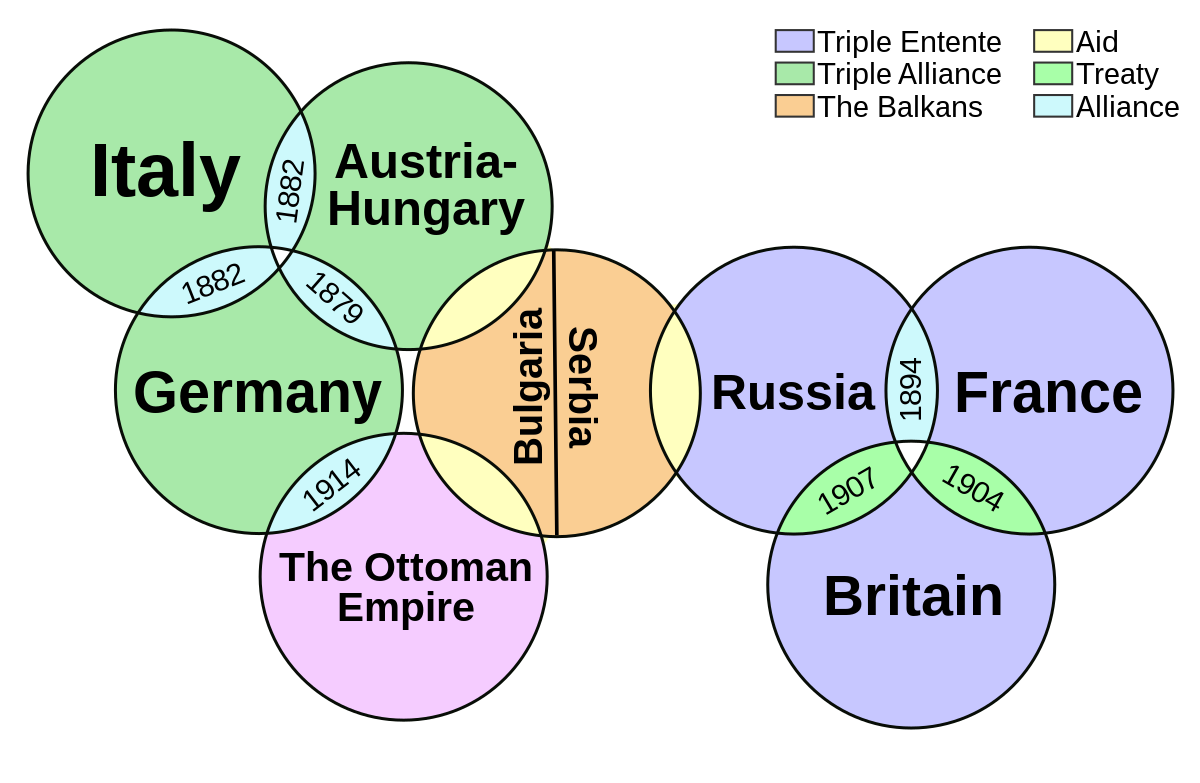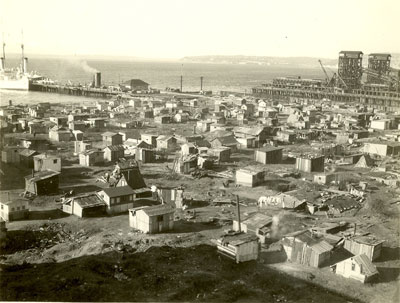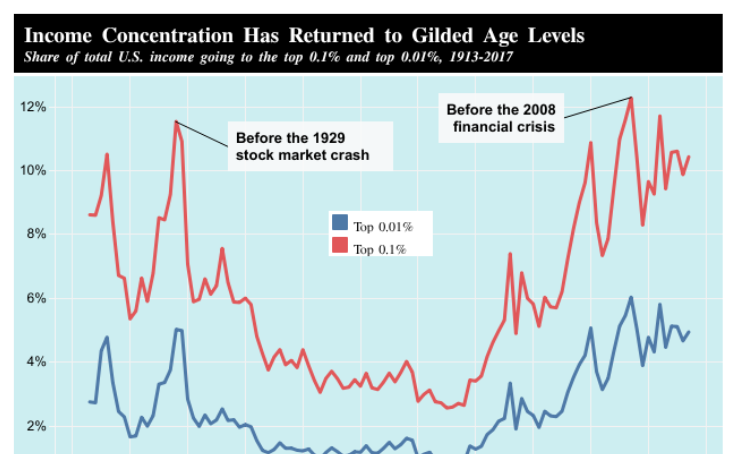This was the year World War I began.
1914
Black Americans established a cultural movement in this region of New York City throughout the 1920s.
Harlem 
Although it was not the sole cause of the Great Depression, this event in October 1929 set in motion a chain of events that led to ten years of economic hardship.
Stock Market Crash
Relief, Recovery, Reform
This President won four elections.
Franklin Delano Roosevelt
This was the year the US entered World War I
1917
This group experienced the greatest gains during the 1920s.
The Wealthy
This was the name for the settlements established by homeless and unemployed Americans, like the one seen here. 
Hoovervilles
These two New Deal programs were ultimately overturned by the Supreme Court for being unconstitutional.
The NRA & AAA

*BONUS* What does each acronym stand for?
This President was elected by a massive landslide in 1932.
Franklin Delano Roosevelt
Most Americans initially wanted to maintain this policy towards World War I
Neutrality
These three groups were largely left behind by the so-called progress and prosperity of the 1920s.
Labor Unions & Farmers; also minorities.
Americans fleeing the Dust Bowl, like those pictured below, would likely have been headed here. 
California
The CCC, WPA, and TVA were all created to do this.
Put Americans back to work.

*BONUS* What does each acronym stand for?
This President encouraged private charity and limited government intervention in response to the onset of the Great Depression
Herbert Hoover
This event, which occurred in mid 1917, enraged some Americans and began to shift public opinion in favor of joining the War.
The Zimmerman Telegram
*BONUS*: What did the telegram say?
These two Amendments were enacted to first enforce Prohibition in 1920, and then later to repeal it in 1933.
18th; 21st
These two groups experienced the highest rates of unemployment during the Great Depression
Young workers (16-24) and minorities. 
This program, which was created during the New Deal, has remained historically very popular for providing benefits to retired, injured, and unemployed workers.
Social Security
This President carried on some Progressive reforms, but these forward-thinking views did not extend towards race.
Woodrow Wilson
This was the primary reason Woodrow Wilson urged Congress to declare war on Germany in 1917. 
"Make the world safe for democracy"
The headline below reports John Scopes' conviction for teaching the theory of evolution, which illustrated a social division between these two factions of Christians.
Fundamentalists & Modernists
These five (or six) steps describe the deflationary spiral that began in the early 1930s and significantly worsened the effects of the Great Depression.

She was the first woman appointed to a Presidential Cabinet and the architect of several New Deal programs, including Social Security.
Francis Perkins
These Presidents reversed the active federal government policies of the Progressive Era and World War I, and replaced them with laissez-faire policies.
Warren G. Harding (1920-1923) & Calvin Coolidge (1923-1929)
